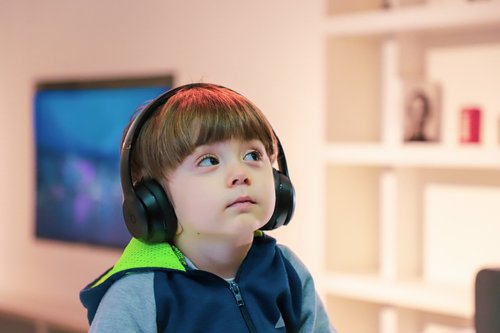This article was recently shared by Josephine Barbaro, who is a well known specialist in the field of ASD and is the Associate Professor at La Trobe University. Her research led to development of what the media are calling the world’s most effective autism diagnosis tool. The full article, published by theconversation.com on Nov 21 2022 can be found using the link below.
HERE IS AN EXTRACT:
How to talk to your child about their autism diagnosis – the earlier the better
With better awareness and acceptance, approximately one out of every 50 children is receiving an autism diagnosis. More and more families are deciding when to share this information with their child. Some parents worry that doing so will “label” their child, or make others treat them differently.
Autism is a neurodevelopmental disability that presents as differences in socialising, communicating, and processing information (including thinking, sensing and regulating). The earlier a child is identified as autistic, the earlier supports and services are provided. This leads to better outcomes for the child and family.
These benefits also flow from talking about the diagnosis. But what’s the best way to start that conversation? And what does your child need to know?
Getting in early
Children are receiving diagnoses as early as 12–18 months in our program, which helps maternal and child health nurses screen for autism during regular health checks.Early identification of autism allows parents and professionals to learn how their child communicates as early as possible. Then they can match that child’s communication style to help them learn important, everyday life skills.
Rather than a focus on “changing” or “fixing” an autistic child to suit others, it’s better to encourage acceptance.
While some parents may worry about stigma and labelling, those within the Autistic community report that labelling happens regardless of whether parents discuss diagnosis or not. It can instead take the form of harmful labels like “weird” or “strange”. In fact, others are more likely to form negative first impressions when they do not know someone is autistic.
Parents may also think they need to wait until their child seems “ready” to understand a diagnosis. But this can lead to people not knowing they are autistic until many years after their diagnosis, and fuel feelings of shame.
An empowering truth
Telling children they are autistic as early as possible has several benefits.
Research shows teenagers talk about themselves in a more positive way when their parents have had open conversations with them about being autistic, compared to those who did not. When this conversation is had earlier, autistic people have better quality of life and wellbeing in adulthood.
By understanding themselves at an earlier age, autistic people can feel empowered, advocate for themselves, and potentially gain access to supports and services earlier.
An open discussion around diagnosis also provides an earlier opportunity to “find a community”. Some autistic people say they feel understood and accepted when they connect with other autistic people. This can increase positive identity and self-esteem.

